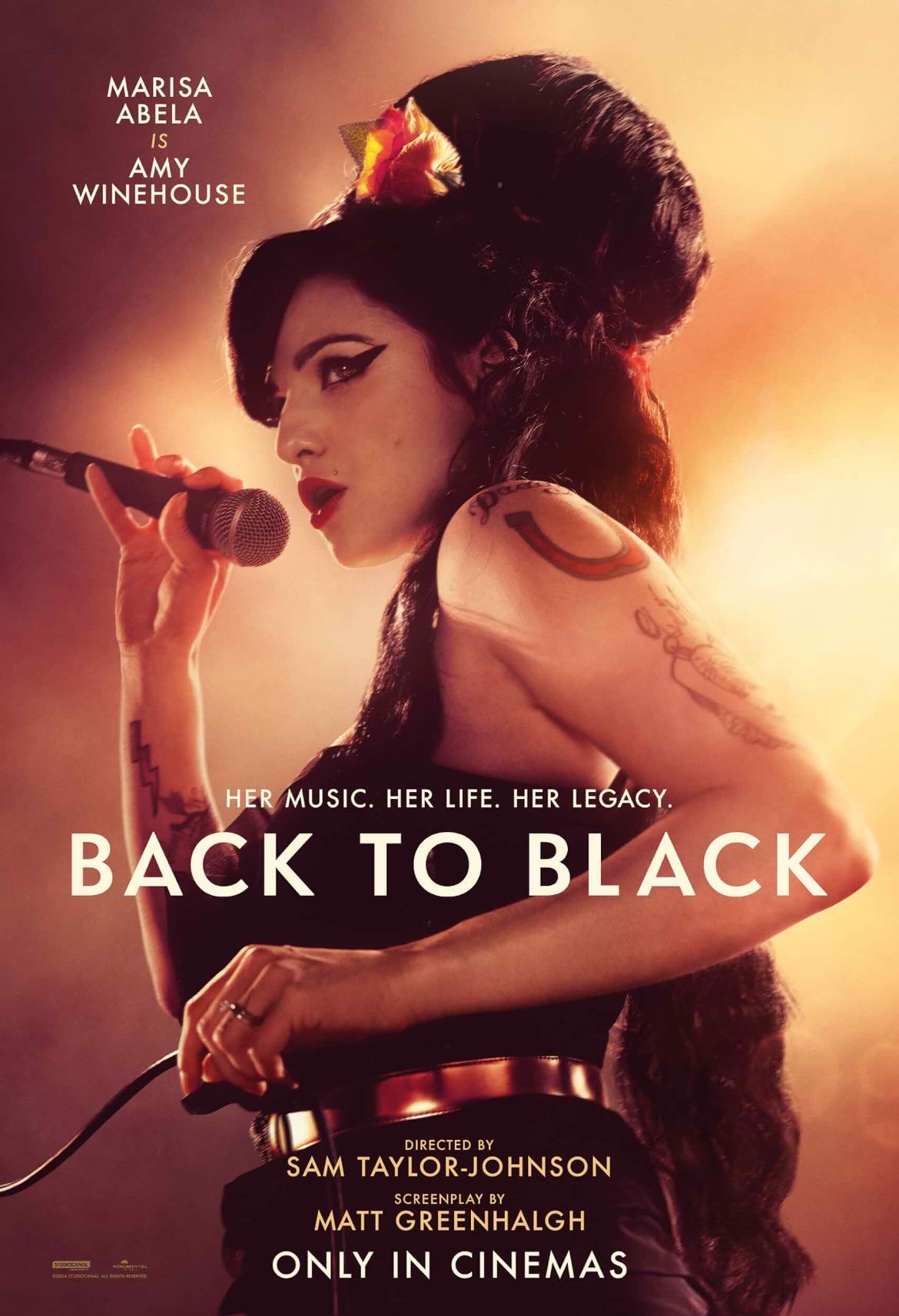In director Sam Taylor-Johnson’s “Back to Black,” the portrayal of Amy Winehouse raises one resounding question: What kind of chaos is this? With Marisa Abela stepping into Winehouse’s shoes, the film delves into the tumultuous years between the breakthrough of “Frank” in 2003 and the explosive success of the titular album in 2006. However, what viewers may anticipate—insight into Winehouse the person, or Winehouse the musician—is regrettably absent. Instead, “Back to Black” fixates on Winehouse the addict, resulting in a disappointing and misguided attempt at a biopic.

One typically expects a musician’s biopic to heavily feature their music. Yet, while “Back to Black” includes performances of Winehouse’s iconic songs, they serve more as background ambiance than integral components of the narrative. These performances feel like fleeting nods to Winehouse’s talent, overshadowed by the film’s focus on her personal struggles. The movie provides scant context for her artistry, glossing over significant aspects of her career and failing to capture the essence of her iconicity.
The film predominantly showcases Winehouse’s toxic relationships, substance abuse, and impulsive behavior. Onstage moments often serve to highlight her struggles with addiction or her tumultuous romance with her on-and-off boyfriend, Blake (played by Jack O’Connell). Unfortunately, the film fails to provide a nuanced exploration of Winehouse’s addiction, treating it as a mere plot device rather than a complex aspect of her life.

Marisa Abela delivers a commendable performance as Winehouse, capturing some of her onstage mannerisms. However, there’s a noticeable artificiality to her depiction, lacking the genuine charisma and charm that defined Winehouse as much as her voice. Abela’s portrayal feels like a hollow imitation, unable to capture the essence of Winehouse’s persona.
What’s perhaps most troubling about “Back to Black” is its fatalistic portrayal of Winehouse’s struggles and eventual demise. The script treats her addiction and tragic death as inevitable outcomes, robbing her of agency and reducing her to a one-dimensional character defined solely by her vices. Moreover, the film’s omission of crucial aspects of Winehouse’s life and legacy is a disservice to her memory.
Ultimately, “Back to Black” fails to honor Winehouse’s legacy, reducing her life and music to a series of sensationalized events. By prioritizing tabloid drama over genuine storytelling, the film perpetuates harmful stereotypes and overlooks the complexity of Winehouse as an artist and individual. For fans of Winehouse, “Back to Black” is a distressing reminder of her darkest moments, offering little solace or closure.
